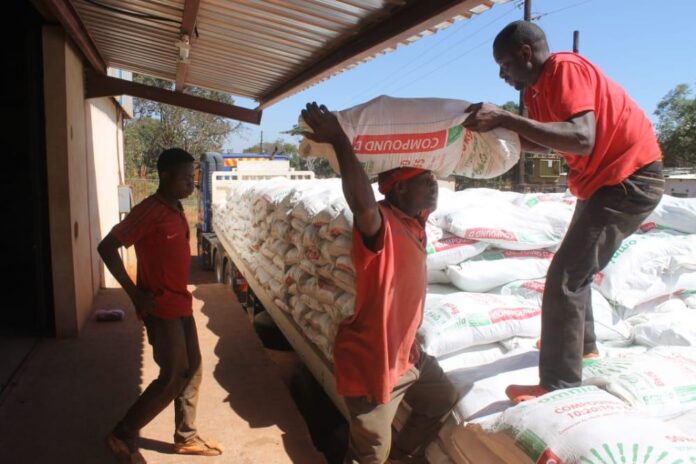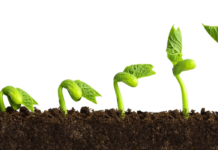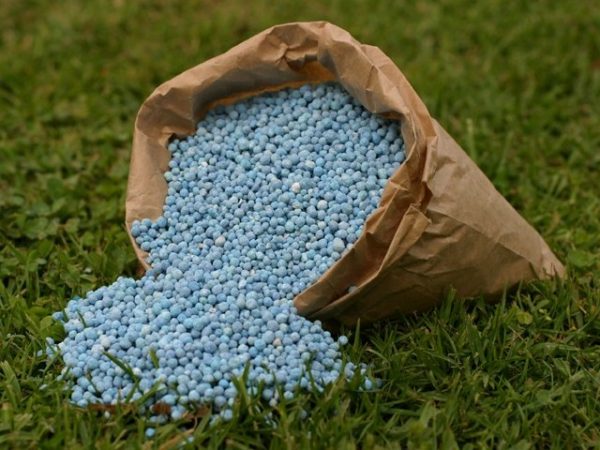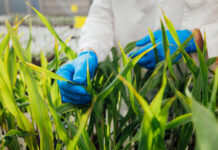Africa needs reasonably priced and easily accessed fertilizer to sustain agriculture for food security and save over 205 million people facing acute food insecurity on the continent, World Bank Group President, David Malpass has observed.
Amid heightening climate changer crisis, threats of the re-emerging COVID 19, insufficient energy sources for over 500 million African inhabitants, droughts and other calamities, most farmers on the African continent run the risk of losing out on agriculture benefits if the price of the fertilizer-the official ingredient to farming remained high.
African leaders have an onerous task to lobby for reduced cost of fertilizer and other inputs to encourage reliable source of cheap and affordable commodities to bolster food security that threatens the majority of inhabitants.
He called for political will from African leaders to promote growth of the security-threatened by geopolitical conflicts that changed the course of destiny for the continent’s agriculture growth prospects.
The conflicts have further spiked the high costs of gas, energy and fertilizer, the latter whose cost has to date 150% since the fighting between Russia and Ukraine started last February.
In a statement seen by FRA after a series of the meeting in Washington with several African leaders on the sidelines of the leadership summit, Malpass noted that the escalating cost of fertilizer, presently was out of reach for majority farmers, a threat to crop cycle and rural stability.
The fertilizer crisis has deepened in Sub-Saharan Africa with the cost of the input having tripled in the past two years while remaining volatile, putting a stable supply of fertilizer out of reach of many smallholder farmers.
Fertilizer exports from Belarus and Russia – important fertilizer suppliers for Africa – have been disrupted by the war, while some other exporting countries have restricted the supply through export taxes, bans and licensing requirements, in part to protect their own farmers.
“One key obstacle to food production in many developing countries is access to fertilizers, which enrich the soil with the nutrients needed for healthy crops. Sufficient primary raw materials – nitrogen, potash, phosphate, and natural gas – and fertilizer production facilities are essential to farmers across the developing world, but high fertilizer prices are blocking the 2023 and 2024 crop cycle.” he says.
Paradoxically, Africa produces approximately 30 million metric tons of fertilizer yearly-twice as much as it consumes, yet, approximately, 90 percent of fertilizer consumed in Sub-Saharan Africa is imported, much of it from outside the continent.
This reflects inefficiencies in shipping and port costs, distribution chains, information availability and other trade frictions.
The high agricultural prices have forced many smallholder farmers on the continent to reduce on the planted hectare compared to counterparts in advanced countries where fertilizer is cheap due to subsidies, often the cost of the natural gas needed for fertilizer and the diesel fuel needed for farm equipment.
Many African leaders used the platform to air their concerns over the high cost of inputs, the same outcry they raised throughout the year in the G7, G20 and G24 meetings, the World Bank/IMF Annual Meetings, and the UN climate and biodiversity meetings in Egypt and Canada.
Mr. Malpass, warns against a perpetuated trend-high pricing of natural gas and coal, commodity crops and fertilizer and elevated consumption of the available supplies by those with higher incomes and subsidies to help close the gap.
Unless the situation is redressed in Africa – there is a risk for industrialized economies to increase their market share and dominate even more of the world’s total crop production and agricultural fossil fuel use.
Farming in Sub-Saharan countries, especially poorer households, Mr. Malpass warns, will dwindle further resulting in a long and deep food and jobs crisis, especially in rural Africa.
Sub-Saharan Africa has an average fertilizer application rate of 22 kilograms per hectare, compared to a world average seven-times higher (146 kilograms per hectare).
Some countries, such as China and Chile, are closer to 400 kilograms per hectare. On average globally, less than half of the nitrogen fertilizer applied at the farm contributes to plant growth, with the rest polluting our waterways.
The World Bank head calls for a durable and lasting commitment by leaders to make fertilisers more accessible and affordable to avoid prolonging the food crisis. Lives and livelihoods depend on the choice of policy makers.








